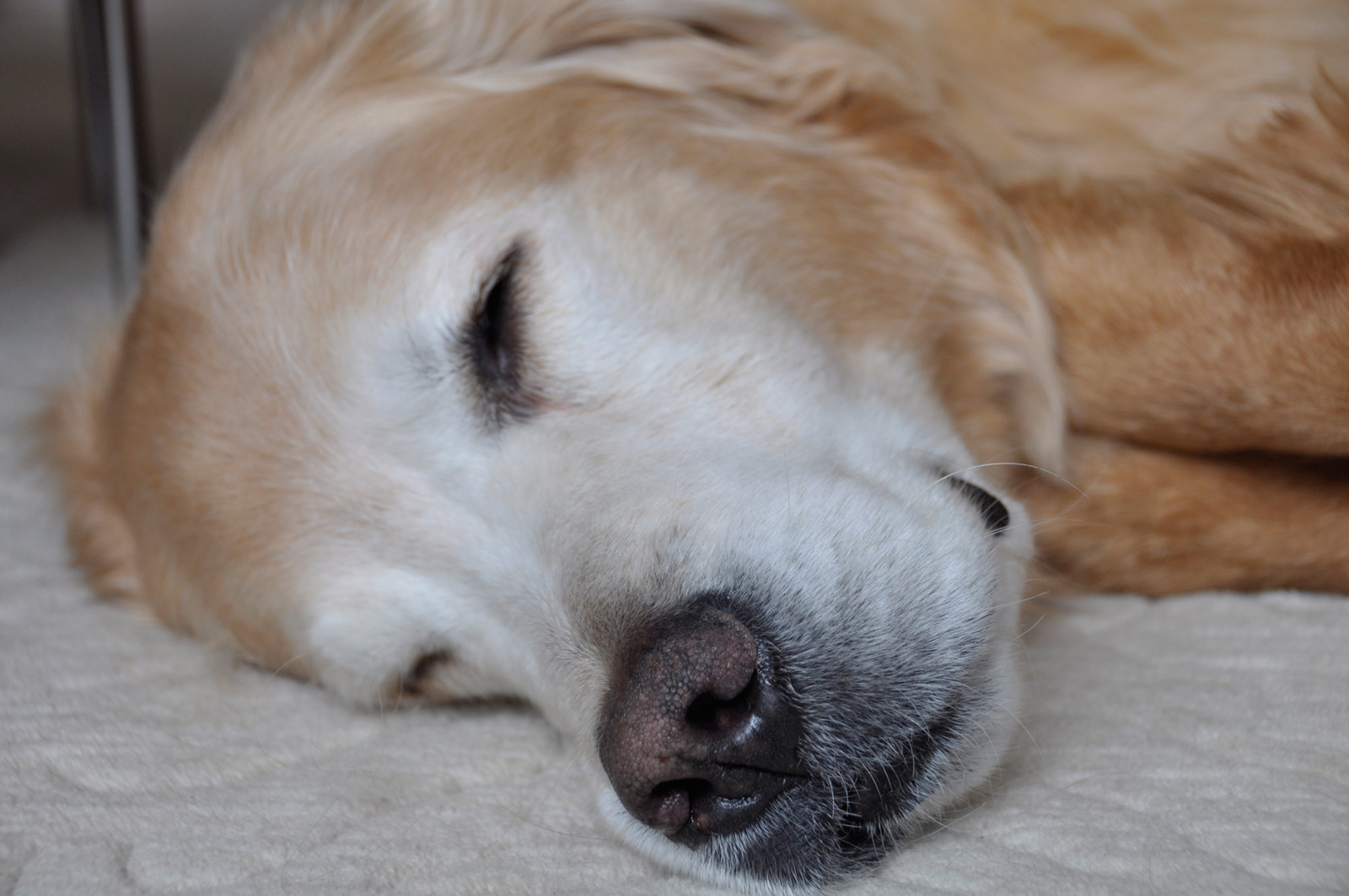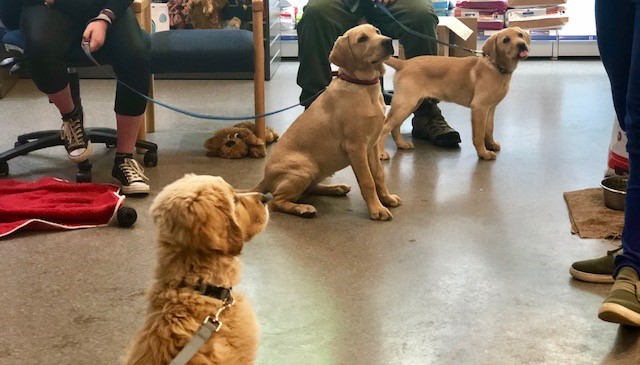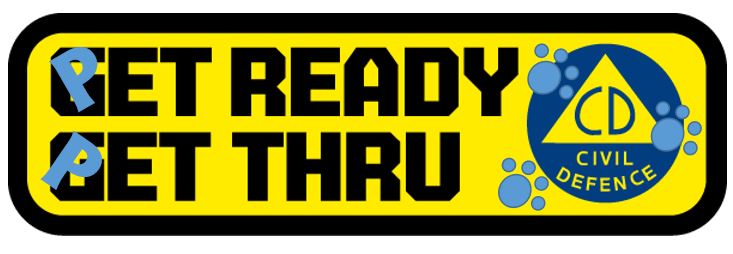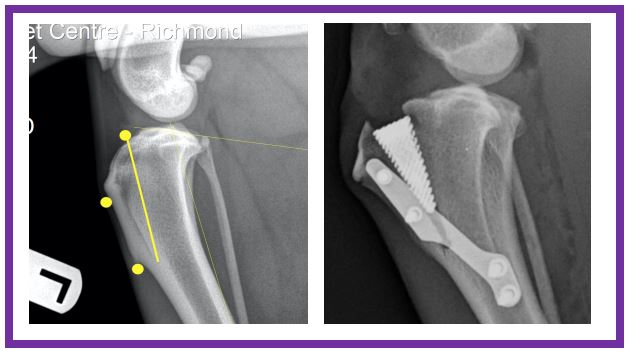Socialisation; why is it crucial for your puppy? Puppies go through the same developmental stages…

Post Surgery Care
Post Surgery Care
Caring for your pet after surgery
The anaesthetic
If your pet has had an anaesthetic for his/her surgery and you may notice a clipped area where the initial anaesthetic has been administered. A tube was then placed in the windpipe to help your animal breathe the anaesthetic gas. This can result in a little coughing afterwards but is nothing to worry about. Recovery times from anaesthesia can vary. Please keep your animal in a warm, quiet place to ‘sleep off’ the anaesthetic effects.
The surgical site
Please check the surgical site daily. Some swelling may be normal, but if excessive swelling or discharge should occur, please contact us.
Some animals will lick at the wound site and cause ulceration and infection of the area in a very short time, removing the stitches in the process. To avoid damage and further costs, talk to us about an Elizabethan collar for your pet.
Any stitches are to be removed after ten days. There is no charge for the removal of stitches, but please phone for an appointment.
Until such time as the stitches are removed, please keep the surgery site dry (no swimming or bathing), and try to restrict the activity level of your pet. Any tension put on the surgery site by running or jumping can cause excessive swelling or the wound to open up,
Feeding
You may offer your pet a small meal and drink after surgery, about half the normal amount. The anaesthetic will slow down digestion, so avoid a big meal.
Don’t worry if your pet doesn’t want to eat the night of surgery, but do tell us they vomit, still won’t eat, or remains listless or depressed, the next day.


